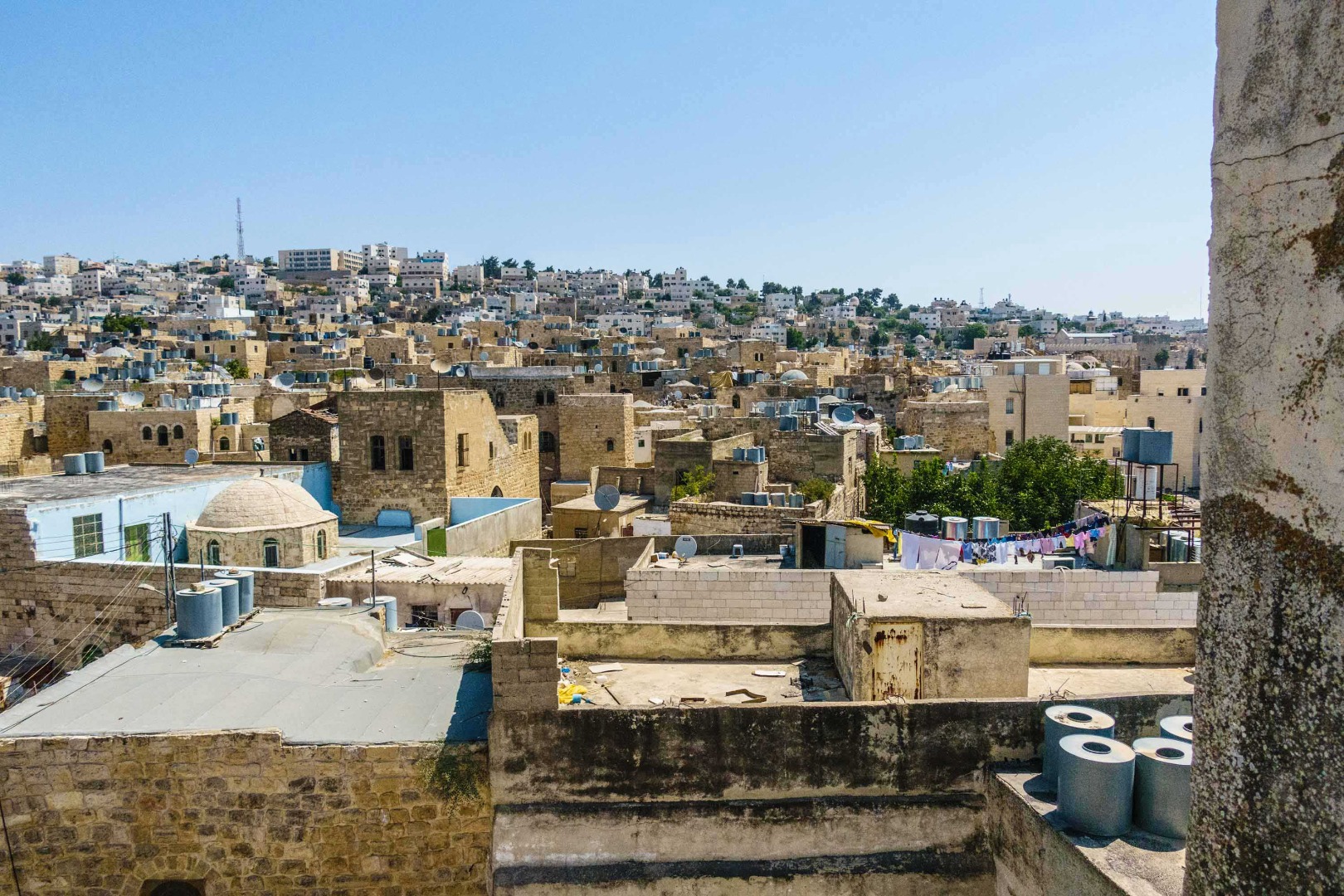The Ongoing Food Crisis Gaza Strip
Thanks to your generosity, we’re delivering food aid in Gaza. Since Israel imposed a food embargo on Gaza after the 7th October attack, we have been doing all we can to make sure that people sheltering from the Israeli attacks have been able to have food and water. This is now even more important as the Rafah crossing has been closed to aid supplies for 6 weeks and starvation and food insecurity levels across Gaza continue to rise. Find out more.



















